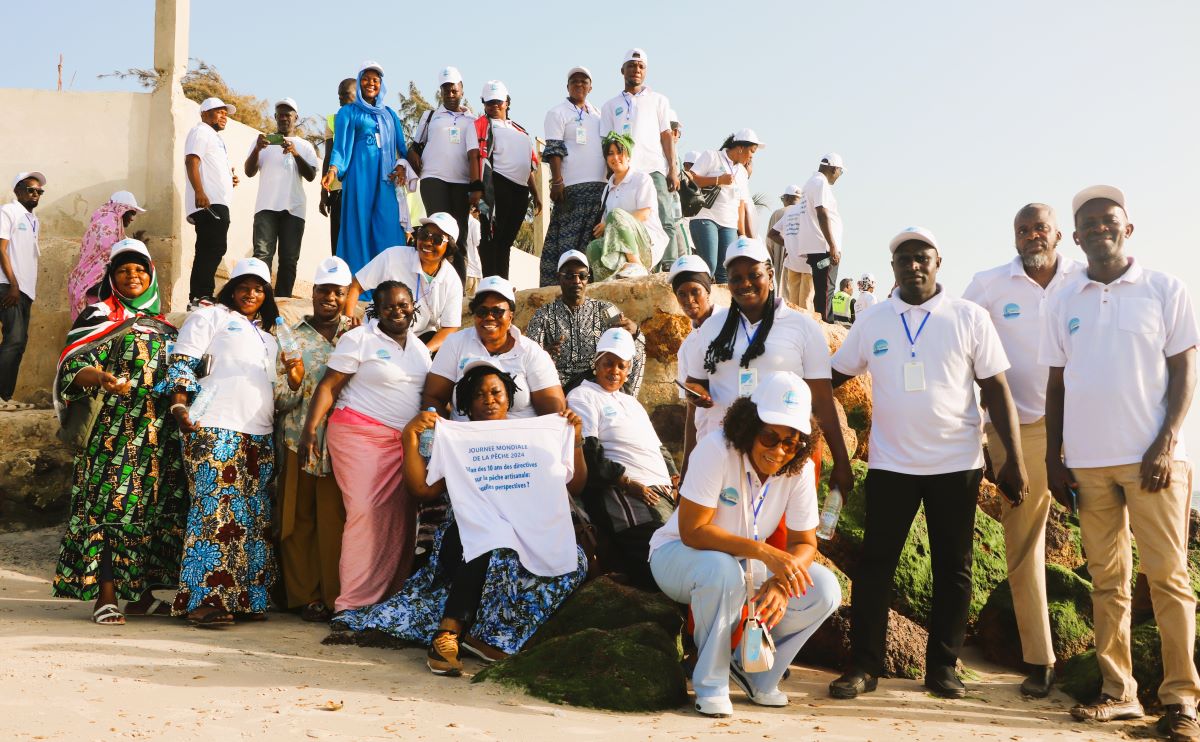In Mbour, Senegal, World Fisheries Day 2024 celebrated the ten-year anniversary of the Voluntary Guidelines for Securing Sustainable Small-Scale Fisheries and the African Union’s strategic reform framework. The event was marked by passion, emotional testimonies, and calls to action for an inclusive and sustainable future.
A decade of guidelines, a legacy to realize
On November 20 and 21, 2024, Saly, Senegal, was the stage for rich and passionate exchanges. For World Fisheries Day, representatives from the Confederation of African Organizations of Professional Small-Scale Fisheries (CAOPA), international partners, and small-scale fishers from 29 African countries gathered to celebrate a key milestone: the ten-year anniversary of the Voluntary Guidelines for Securing Sustainable Small-Scale Fisheries.
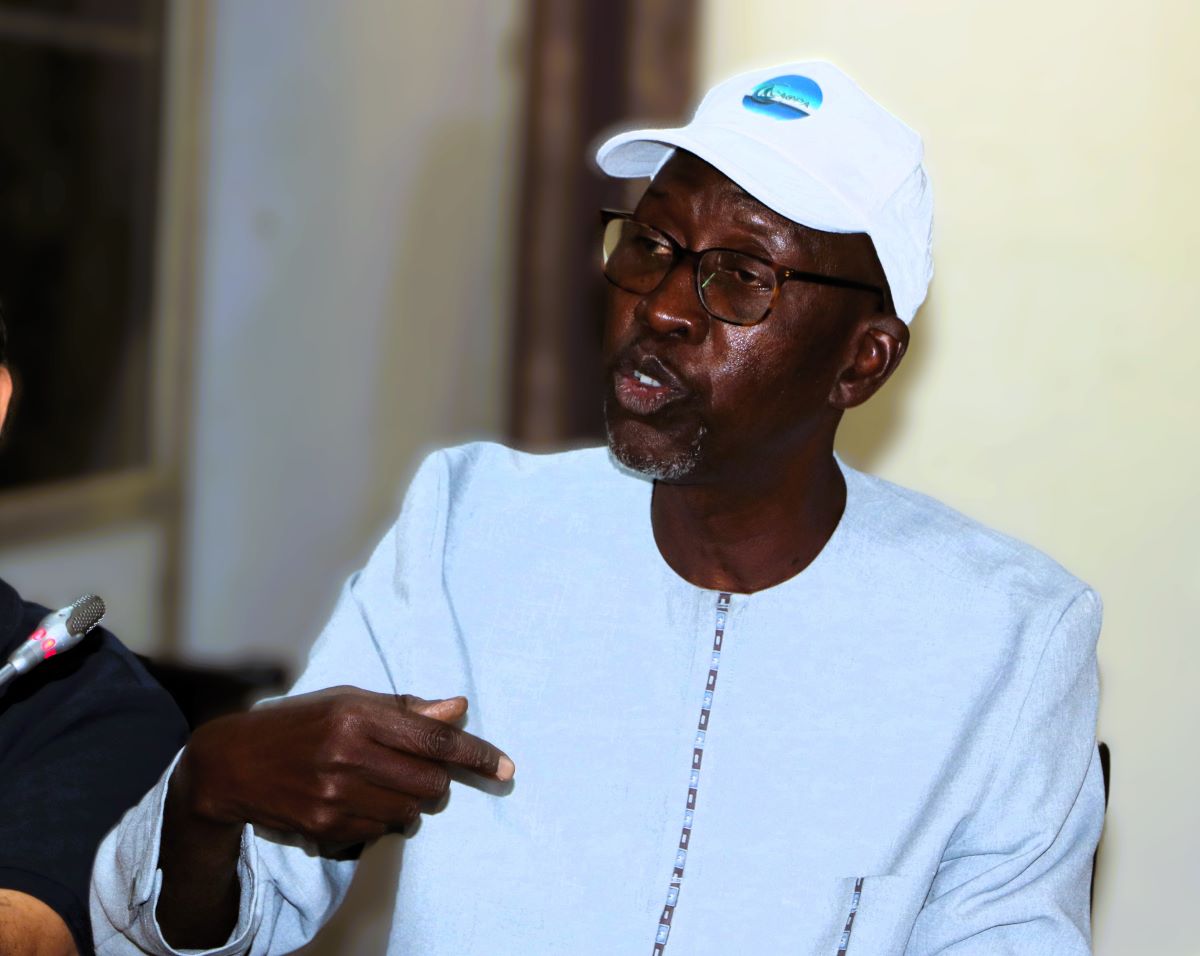
This event, organized with the support of partners such as the FAO, Bread for the World, and CAPE, aimed to assess the progress made, share best practices, and outline a roadmap for the coming years. “The Guidelines provide an essential framework to ensure that small-scale fisheries continue to contribute significantly to food security and sustainable development,” reminded Gaoussou Gueye, President of CAOPA, in his opening speech.
From the very first interventions, an atmosphere of determination and hope prevailed.
In his speech, Dr. Ndiaga Gueye, Senior Fisheries and Aquaculture Officer at the FAO Regional Office for Africa, highlighted several key aspects of the small-scale fisheries sector and the Voluntary Guidelines.
The Importance of the Guidelines for Communities:
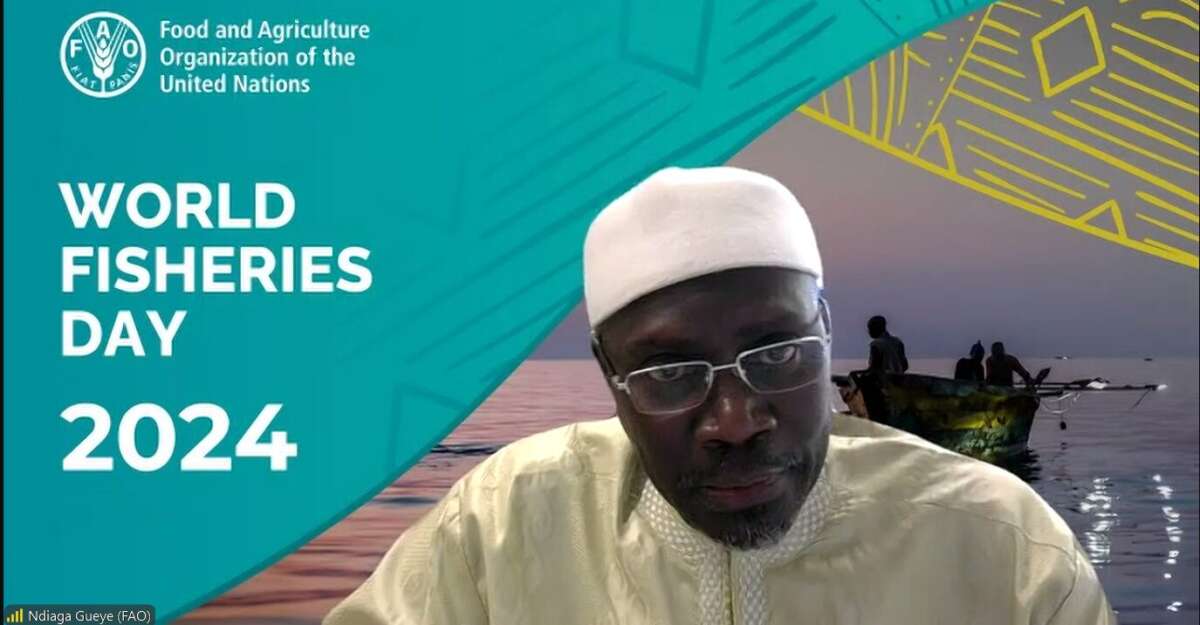
“The Voluntary Guidelines for Securing Sustainable Small-Scale Fisheries go beyond fisheries. They highlight the rights of fishers and workers in the sector. They are primarily about people, not just fish.“
He emphasized their role as a tool for dialogue, policy, and action at all levels, from local communities to international institutions.
The Socio-Economic Contributions of Small-Scale Fisheries:
“Globally, fisheries provide nutritious and affordable food to millions of people, playing a crucial role in food security and economic growth. In Africa, they are the backbone of communities,” stated Dr. Gueye.
He noted that small-scale fisheries directly support more than 110 million people, and with their households, they benefit nearly 500 million people.
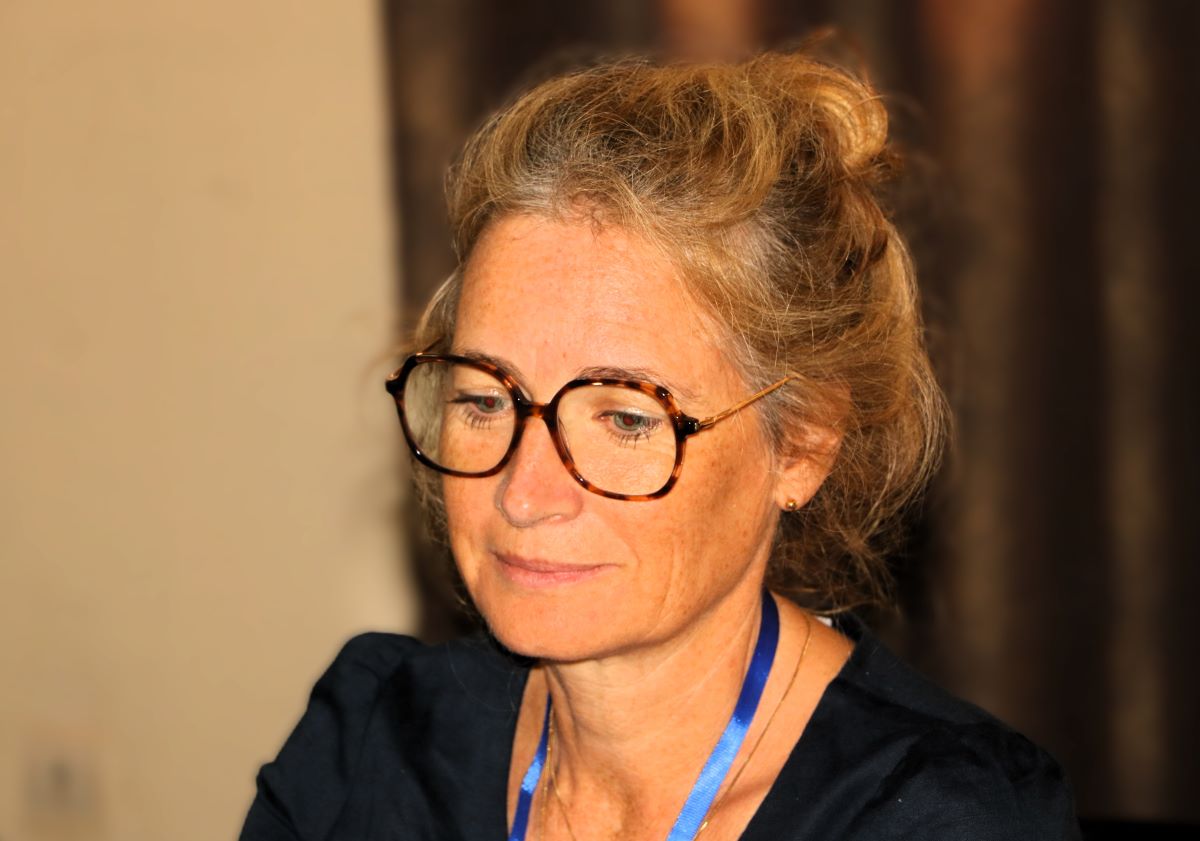
The tone was set. Ms. Imke-Friederike Tiemann-Middleton, Programme Officer Continental Projects & Networks/ Africa, expressed her joy and honor in representing Bread for the World. She reaffirmed the commitment to turning visions into reality, emphasizing fair representation of women in the sector and inclusive management of fishery resources.
“Today, we celebrate more than just an anniversary. We reaffirm our commitment to the communities that sustain small-scale fisheries,” she declared.
Emotion was palpable in the interventions of women, often an overlooked but crucial pillar of this sector. “Women play a fundamental role, not only in processing fishery products but also in innovation,” affirmed Imke Tiemann-Middleton.
Dr. Gueye also highlighted the significant proportion of women in this sector and the importance of guaranteeing them decent living and working conditions.
“Of the population engaged in small-scale fisheries, 40% are women. Offering them decent living and working conditions is essential if we want sustainable small-scale fisheries,” he stated.
A decade of achievements: Notable advances
Since their adoption in 2014, the Guidelines have inspired numerous initiatives across the continent. Gaoussou Gueye praised significant progress in countries like Senegal, Madagascar, and Uganda: “We have seen concrete advances that show the Guidelines are not just words on paper. They are a living reality that changes lives.“
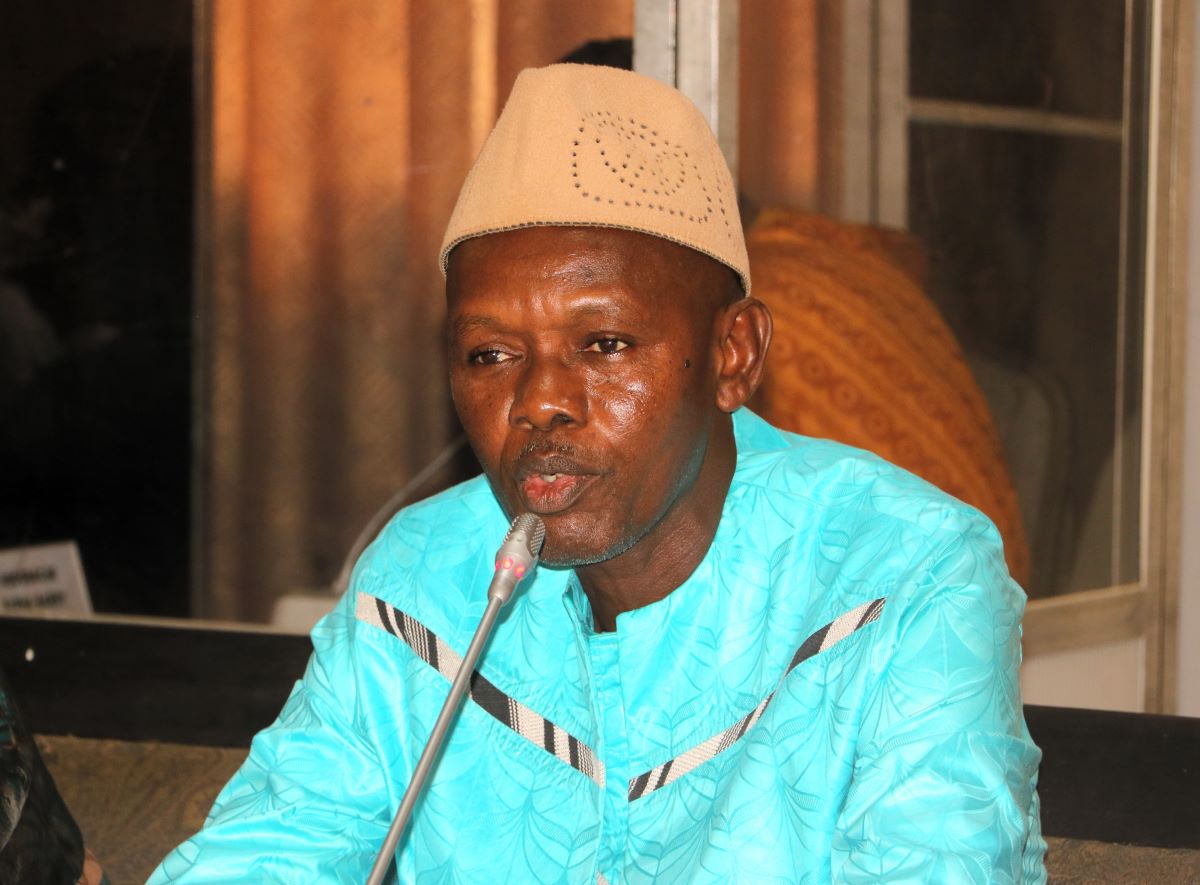
The technical advisor to the Ministry of Fisheries, Maritime Infrastructures, and Ports of Senegal presided over the opening ceremony on behalf of Minister Dr. Fatou Diouf. Mr. Abibou Diagne praised CAOPA’s initiative and emphasized the Senegalese government’s commitment:
“The Senegalese government appreciates the role of various small-scale fisheries organizations worldwide through their active participation in this call to action to governments and the international community.“
The message he wanted to convey from the Minister of Fisheries was “to urge actors and their partners to take more responsibility for sustainable resource management, to guarantee the role of fisheries in terms of nutritional contributions to populations and income for fishers.”
Gaoussou Gueye took the opportunity to highlight the importance of the International Year of Artisanal Fisheries and Aquaculture 2022, which gave new momentum to the adoption of the Guidelines’ principles. “We must continue to build on this momentum to consolidate achievements and go even further,” affirmed Dr. Ndiaga Gueye, FAO representative.
Persistent challenges: A Call to Action
Despite these advances, challenges remain. A key observation dominated the discussions: the lack of awareness of the Guidelines among many decision-makers and local communities. “It is essential to strengthen awareness and training around this instrument. Too many governments are still unaware of its existence,” lamented the President of CAOPA.
Speakers also pointed out the need to better integrate the Guidelines with other international commitments, such as the FAO’s Blue Transformation Roadmap.
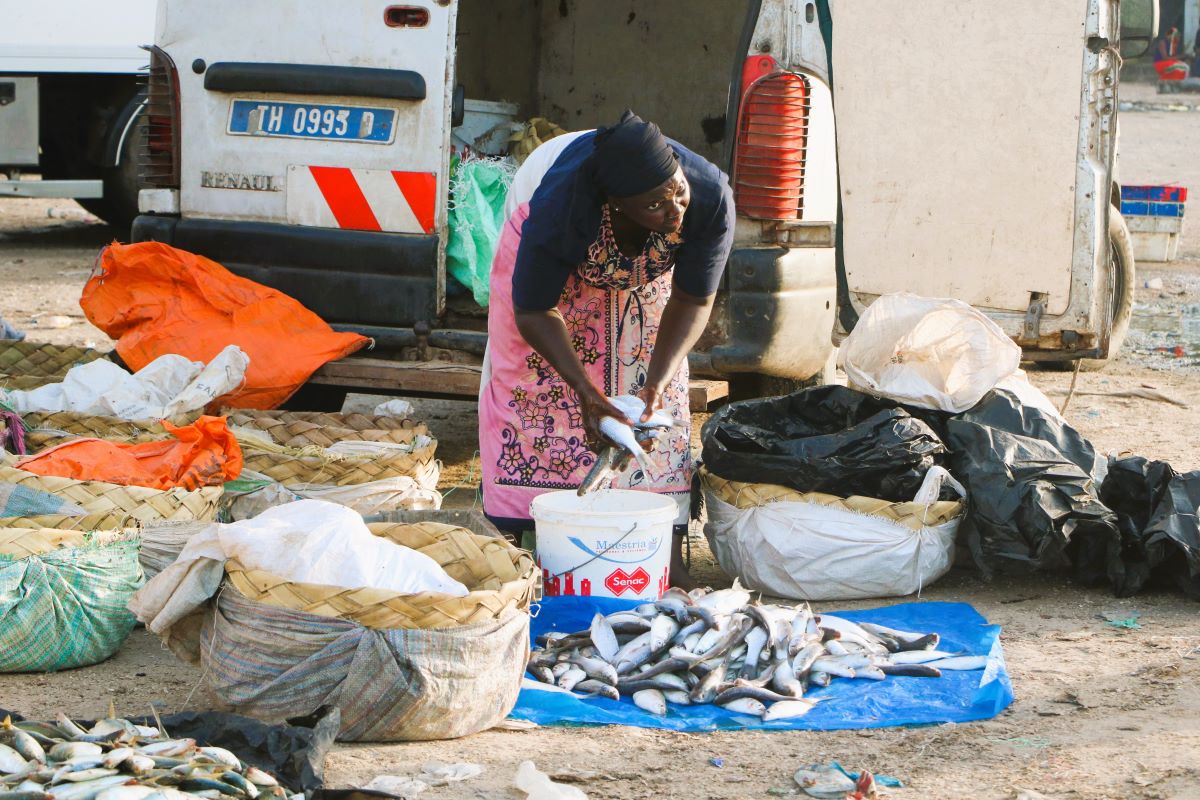
“Facing challenges such as industrial overfishing, climate change, rising living costs, and gender inequalities, we know that CAOPA’s strength lies in its solidarity, diversity, and resilience,” added Imke-Friederike Tiemann-Middleton.
“These challenges threaten the sector’s sustainability and require bold measures,” noted Dr. Ndiaga.
Climate change was particularly highlighted as a major threat. It disrupts species biology, affects ecosystem productivity, and threatens the livelihoods of small-scale fishing communities.
Clear priorities for the future
The call to action for small-scale fisheries has determined five major priorities for the future:
- Ensuring Preferential Access and Co-Managing Coastal Zones: It is crucial to actively involve local communities in resource management.
- Supporting Women’s Roles and Participation: Women, often at the forefront of processing and marketing activities, must benefit from inclusive policies.
- Protecting Small-Scale Fisheries from Industrial Competition: Pressure from the blue economy directly threatens the livelihoods of small-scale fishers.
- Strengthening Transparency and Accountability in Resource Management: Participatory governance is essential for ensuring sustainability.
- Building Resilient Communities Against Climate Change: The effects of climate change represent an existential threat to marine ecosystems and the populations that depend on them.
Humanity at the heart of the debates
Throughout the two days, participants shared poignant stories about the daily challenges faced by small-scale fishers: industrial overfishing, climate change, IUU fishing, and gender inequalities. But they also highlighted hopeful initiatives, such as efforts to ensure preferential access of local communities to fishery resources and support for women’s roles in this key sector.
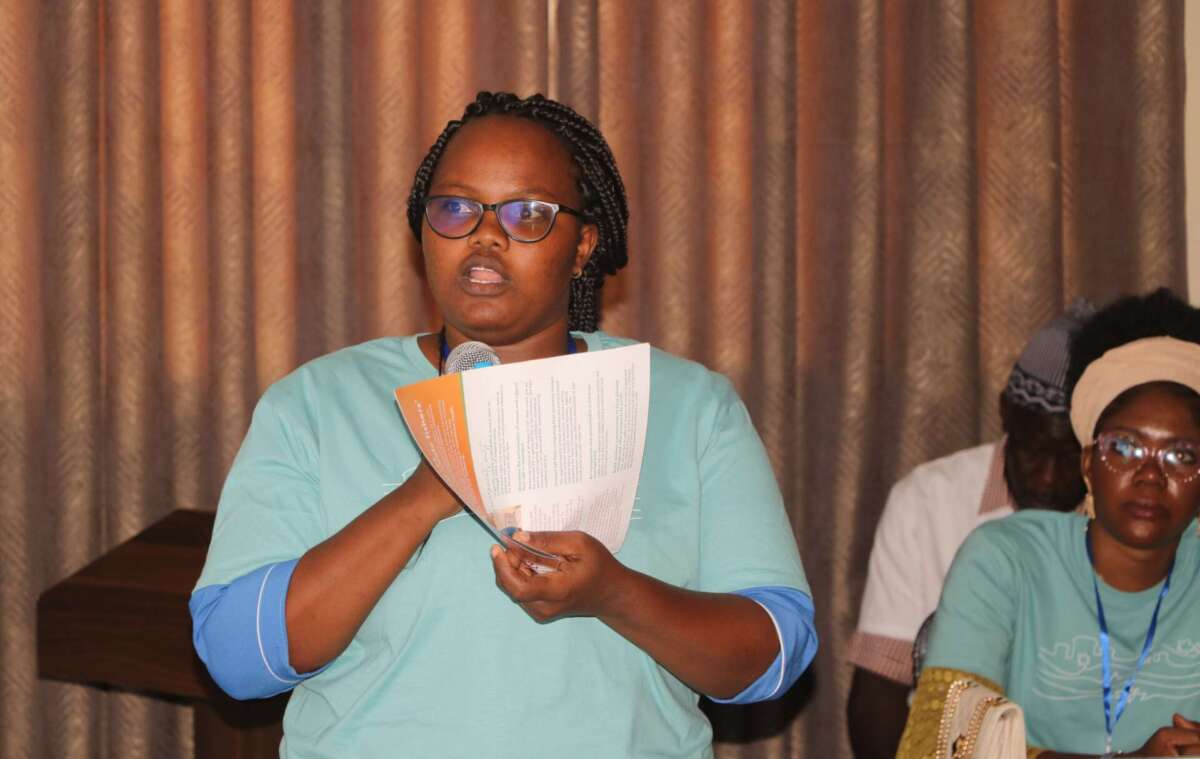
The stories shared by the participants gave a deeply human dimension to the discussions. “I have been processing fish for 20 years, and I see the fish becoming rarer. But I also see that, when we are united, we can make a difference,” confided a participant from Senegal.
Another highlight was the testimony of a young fisher from Sierra Leone, who spoke about the challenges for the new generation: “We need hope, but also training to become guardians of our resources.“
A celebration, but also a promise
World Fisheries Day 2024 was not just a celebration but also a moment of reflection and collective commitment. As Gaoussou Gueye summed up in his closing remarks: “Let this double anniversary be an opportunity to renew our commitment to defending the rights of African small-scale fishing communities. Together, we can build a future where small-scale fisheries are recognized for their true value.”
A palpable emotion swept through the assembly, strengthened by the shared commitment to turning ideas into concrete actions. Despite its challenges, African small-scale fisheries remain a resilient and essential force for the continent’s sustainable development.
A visit to Djifer
On the sidelines of this celebration, participants visited the village of Djifer, south of Mbour, to highlight the impact of climate change.
Visitors explored homes flooded by water, a dike built by a marabout and his talibés to counter the waves, and essential sites like the fishing pier and processing areas.
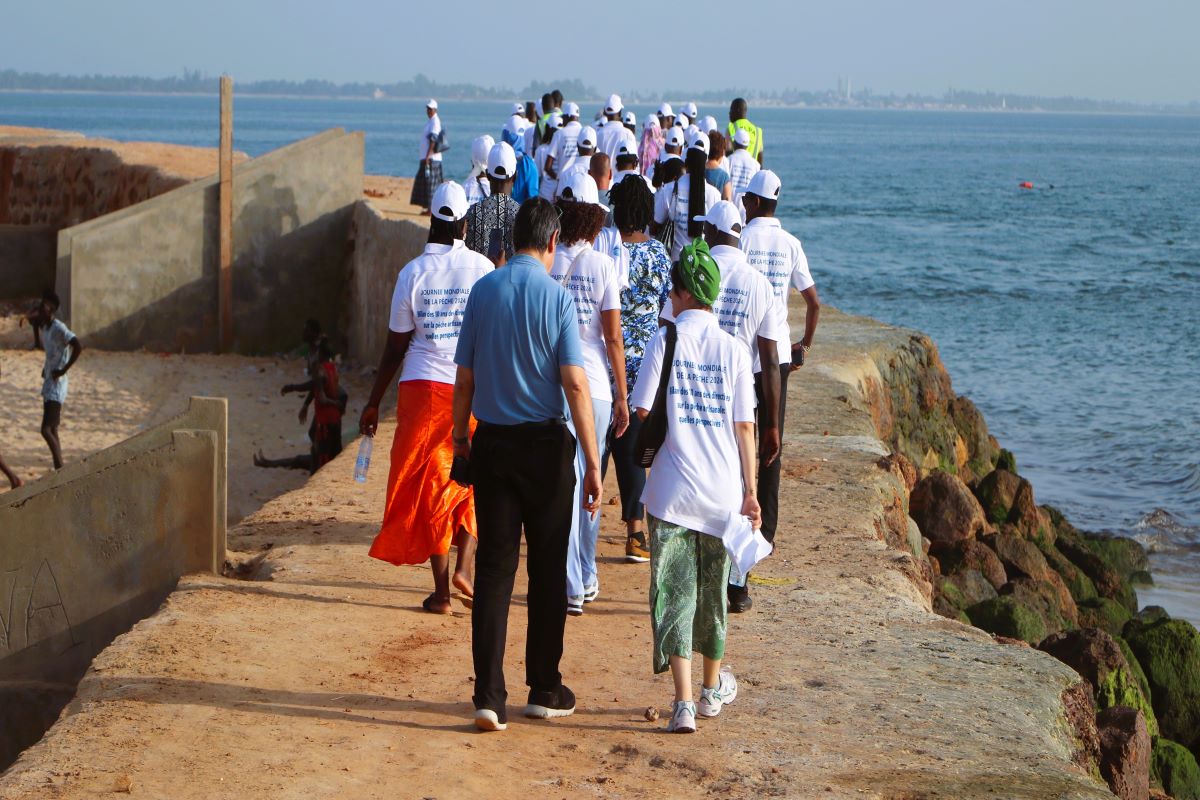
The day concluded with rich exchanges with the local fisheries council. Members shared the critical challenges they face, including coastal erosion and pollution.
As participants dispersed, a phrase spoken by one of the speakers lingered in their minds: “We are small in scale, but great in impact.” A truth that, by itself, illustrates the invaluable worth of small-scale fisheries in Africa.
Tribute to Dr. Ndiaga GUEYE
On the sidelines of the celebration of World Fisheries Day 2024, CAOPA organized a tribute ceremony for Dr. Ndiaga Gueye. Several resource persons paid tribute to this “exceptional” man who contributed to the development of fisheries in Africa.
Mamadou Aliou DIALLO


